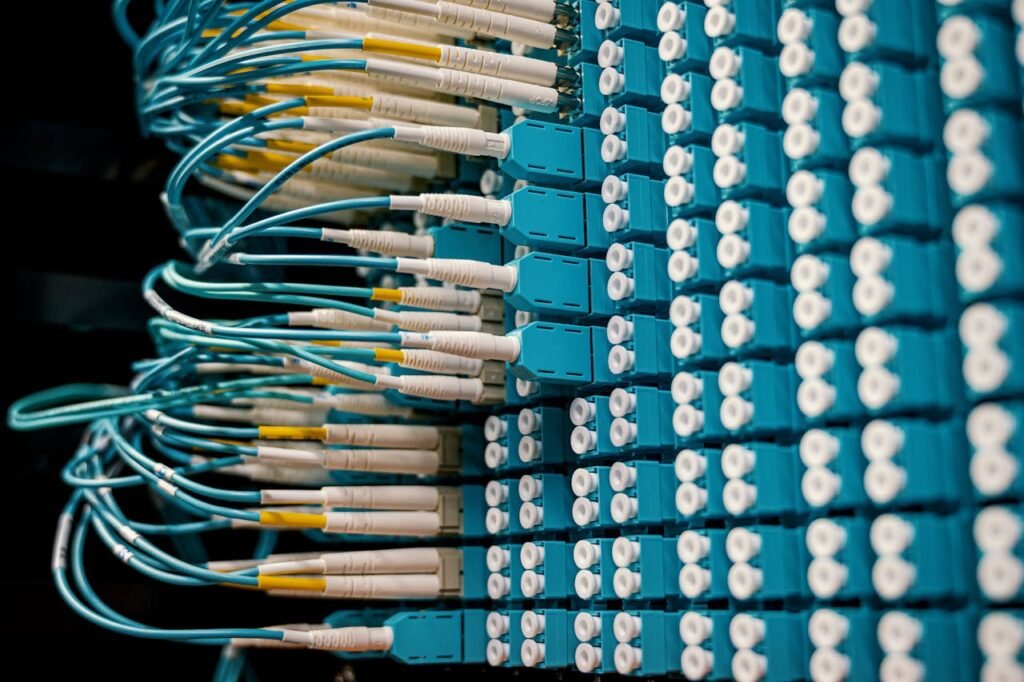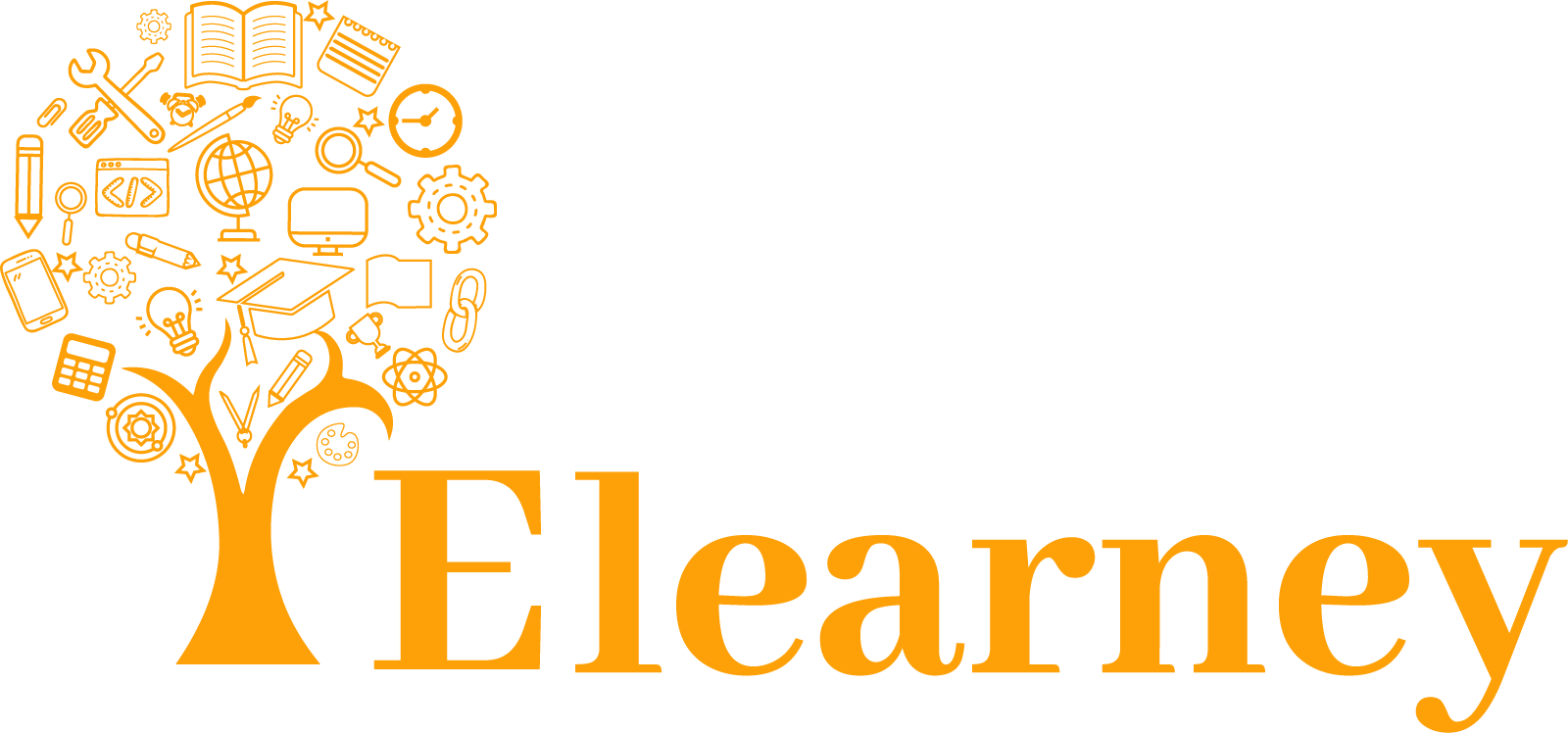
Maximising LMS Performance: Best Practices for Hosting and Maintenance
- By admin
Say goodbye to the old ways of creative thinking and hello to the digital agency revolution! Creativity has never been this fun and exciting. Let’s dive in and explore the world of limitless possibilities through the eyes of digital experts!
Maximising LMS Performance: Best Practices for Hosting and Maintenance
Maximizing the performance of your Learning Management System (LMS), such as Moodle™, is crucial for delivering a seamless educational experience. Proper hosting and maintenance practices ensure that the LMS runs smoothly, remains secure, and provides a reliable environment for both learners and educators.
Choosing the right hosting solution is the first step in maximizing LMS performance. Dedicated hosting or cloud-based solutions like AWS, Google Cloud, or Microsoft Azure are preferable over shared hosting, as they provide better resources, scalability, and reliability. These platforms offer robust infrastructure that can handle high traffic and large amounts of data, which is crucial for maintaining LMS performance. Additionally, selecting a hosting provider that offers managed services can offload the technical burden, allowing your IT team to focus on other priorities. Managed services often include regular updates, security patches, and performance monitoring, ensuring that your LMS remains up-to-date and secure.
Regular maintenance is critical to keeping your LMS running efficiently. This includes updating the core software, plugins, and themes to their latest versions. Updates often include performance improvements, bug fixes, and security patches that protect the system from vulnerabilities. Implementing a maintenance schedule helps ensure these updates are applied consistently and without disrupting the user experience. Routine database optimization is another essential maintenance task. Regularly cleaning up and optimizing the database can significantly enhance the speed and performance of the LMS. This involves removing unnecessary data, optimizing tables, and ensuring that queries are running efficiently.
Continuous performance monitoring allows for the early detection of issues that could impact the LMS’s efficiency. Utilizing monitoring tools to track server performance, load times, and user activity helps identify bottlenecks and areas for improvement. Based on these insights, you can optimize server settings, improve load balancing, and enhance caching mechanisms. Implementing Content Delivery Networks (CDNs) can also improve performance by reducing the load on your main server and delivering content faster to users around the globe. Additionally, fine-tuning the LMS settings for caching, such as enabling server-side caching and browser caching, can significantly reduce page load times and improve the overall user experience.
Data security is a critical aspect of LMS maintenance. Ensuring robust security measures are in place protects sensitive information and maintains user trust. Regularly updating security protocols and conducting vulnerability assessments helps identify and address potential threats. Implementing SSL certificates, firewalls, and intrusion detection systems adds layers of protection against unauthorized access and cyber-attacks. Regularly backing up data is also essential. Automated backup solutions can ensure that all data is securely stored and can be quickly restored in the event of data loss or corruption.
Providing continuous user support and training ensures that educators and students can effectively use the LMS, reducing the likelihood of performance issues caused by improper use. Regular training sessions on using the LMS, managing course content, and troubleshooting common issues can empower users and improve their overall experience. Offering accessible support channels, such as helpdesks, forums, and live chat, ensures that users can quickly get assistance when needed.
In conclusion, maximizing the performance of your Moodle™ LMS through best practices in hosting and maintenance is essential for providing a reliable and efficient educational platform. By selecting optimal hosting solutions, performing regular maintenance and updates, monitoring and optimizing performance, ensuring robust data security, and providing user support and training, you can ensure that your LMS operates at peak efficiency. These practices not only enhance the user experience but also contribute to the overall success and effectiveness of your educational programs


